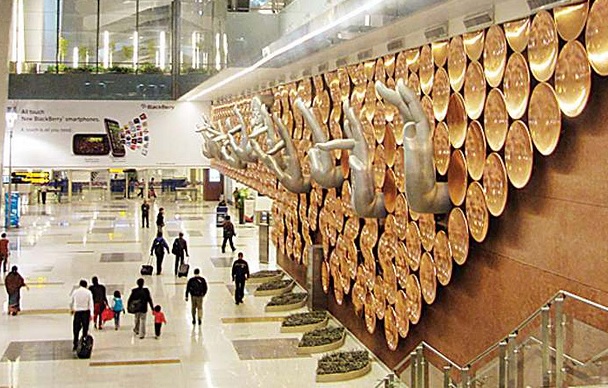The Prime Minister of India Mr. Narendra Modi has imposed a nation-wide lockdown for 21 days which is supposed to end on April 15 but this lockdown has been extended in many states in the country till April 30. The motive of this lockdown is only to break the chain of coronavirus (COVID-19) transmission among the people, still the cases of COVID-19 is increasing day by day rapidly. As of April 13, India has reported 9,240 confirmed cases, 331 deaths caused by COVID-19 and around 1000 patients have been recovered as well.
During this lockdown, all government and private offices, schools, colleges, commercial establishments, transports services and manufacturing-industries etc. are closed. Only few essential services like hospitals, clinics, banks, gas stations, pharmacies and grocery shops are open in India. But now the government of India is planning to allow some type of industries to restart their operations with some restrictions to resume the Indian economy again and to help the daily wages workers, even as the government of India plans to extend the lockdown in the country.
Mr. Guruprasad Mohapatra, the secretary of Department for Promotion of Industry and Internal Trade (DPIIT), mentioned “Big companies, with proper sanitation and social distancing norms in place, in sectors such as textiles, automobiles, and electronic manufacturing should be considered to operate with 20-25 per cent capacity. These companies will have to provide single entry point for workers, and transportation or arrangements for their stay in factories.” in a letter to Mr. Ajay Bhalla, his counterpart in the Ministry of Home Affairs.
According to the DPIIT letter, companies including micro, small and medium enterprises with export task should also be allowed to operate with minimum manpower. The necessary notification may be issued to allow movement of man and material, and their export commitments and they need to be verified while issuing passes.
According to the DPIIT letter, industries which should be allowed to start with minimum manpower on a single shift include:
1. Heavy electrical items like transformers and circuit vehicles
- Telecom equipment and components including optic fiber cable Compressor and condenser units
- Steel and ferrous alloy mills
- Spinning and ginning mills, power looms
- Defence
- Cement plants
- Pulp and paper units
- Fertilizer plants. Paints and dyes manufacturing
- All types of food and beverages
- Seeds processing units
- Plastic manufacturing units
- Automotive units
- Gems and Jewellery sector units
- All units in special economic zones and export-oriented units.
The DPIIT also recommended allowing:
- Housing and construction activity
- Manufacturing of rubber needed for healthcare
- Timbre, plywood that provide packaging material to pharma companies
- FMCG and other companies producing essential commodities.
 Indo Canadian News News That Matters
Indo Canadian News News That Matters






